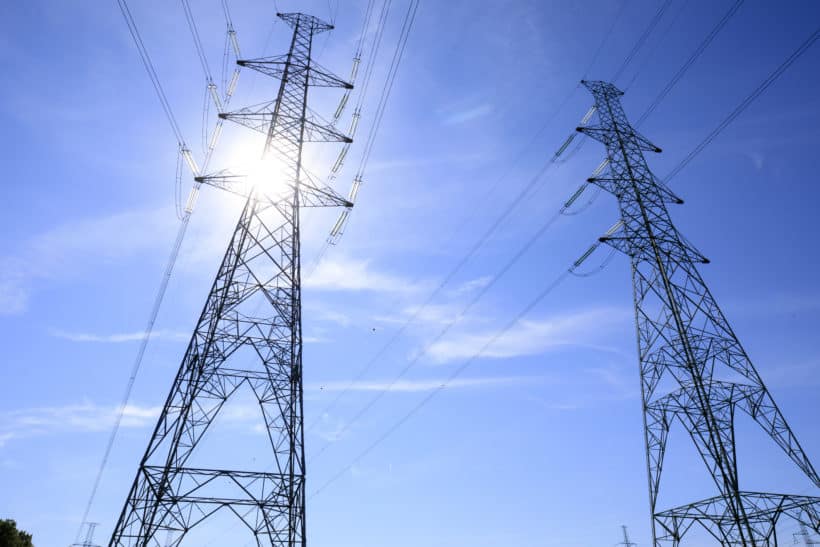
SINGAPORE, Oct 21 (Reuters) – Tanzania is building a grid interconnector with Zambia to help assist in mitigating a drought-driven power crisis, Tanzania’s deputy prime minister said at the Singapore International Energy Week conference on Monday.
“We have some interconnectors with our neighbours, Rwanda, Burundi, Kenya and now we are pulling up an interconnector with Zambia, which will help us to assist our neighbour in Zambia who is facing a deadly drought,” said Doto Biteko, who is also the energy minister.
“Tanzania being a member of the Eastern African Power Pool … we have a bigger market where whenever we have access to electricity, we can sell to our neighbouring countries.”
The development of the grid interconnector will take 36 months, with work having begun last month, he added on the sidelines of the conference.
Kenya, Tanzania and Zambia said in 2014 that they will spend $1.4 billion to link their power grids by 2018 and create a regional power pool for trading electricity.
On the $42 billion development of Tanzania LNG, a liquefied natural gas export plant, Biteko said the government is in negotiations with the project’s partners and operators to finalise the host government agreement, but did not give a timeline for when negotiations will be completed.
Tanzania LNG was delayed by proposed government changes to a financial agreement reached last year. A government spokesperson said the proposed amendment to the Host Government Agreement intends to ensure that both sides benefit fairly in the whole deal.
Equinor and Shell are joint operators while Exxon Mobil, Pavilion Energy, Medco Energi and Tanzania’s national oil company TPDC are partners.
(Reporting by Emily Chow, Sudarshan Varadhan and Trixie Yap; Editing by Sonali Paul and Stephen Coates)

